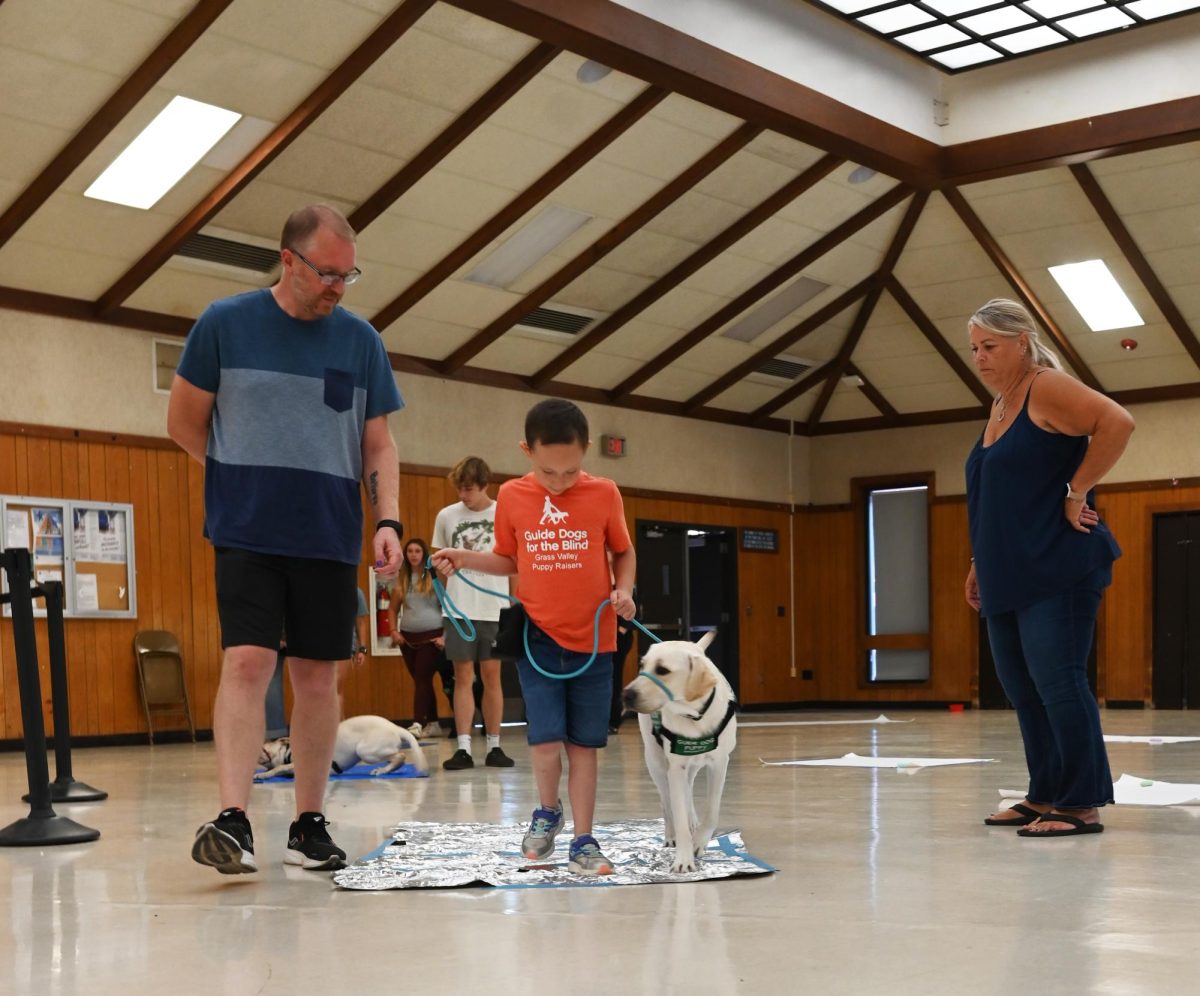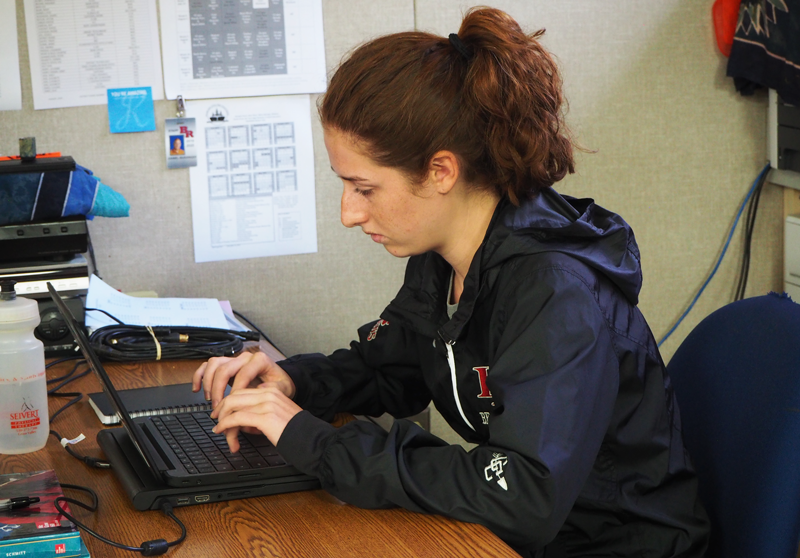Students go through 13 years of the US school system, only for many to come out the other side unprepared to actually function as an adult in society. The Current created this series to fill in the gaps.
It is an undeniable fact that high school graduates’ first concern should be their own health and well-being, but there are many distractions. Financial situations and adult duties that may prevent people from keeping a close enough watch on their health, whether it be mentally or physically.
Making a plan for how to keep yourself healthy is the first step to gaining your goals. Without a clear idea of what you want, you won’t be able to make smart and healthy choices. Maintaining a balanced routine of exercise, healthy eating, sleeping, and work is the key to a happy and healthy life. This article will provide several guidelines for maintaining good health and alternatives for unhealthy habits and lifestyles.
One of the most important parts of being healthy is to be familiar with your body. Keeping track of your Body Mass Index is essential to knowing your general health. Your BMI is a value derived from the mass and height of a person. which is defined as the body mass divided by the square of the body height. This number is useful for determining your risk of developing heart problems, diabetes, and high blood pressure. The CDC claims that a healthy BMI for men is between 18.5 and 24.9. The recommended healthy BMI for women is between 23.1 and 32.3.
An underrated epidemic that affects the high school community is the lack of sleep students are getting. Some students are so busy with school, work, and exercise that their sleep schedule loses priority, and they begin to consistently fall asleep later and later. Sleep is a critical part of keeping up your energy and brain function. Lack of sleep leads to lower grades, unhealthy coping mechanisms, and possible weight gain.
Senior Grace Billingsley is a pro when it comes to making healthy choices, having great successes in both Cross Country and Track and Field.
“I think sleeping is the most important part of maintaining a healthy lifestyle,” she said.
Another very common problem for struggling students is the food they eat. Most high-schoolers are supported by their parents, but some more parental independent students only eat what is easy and quick, and keep the same eating habits when they graduate high school. Ramen is commonly eaten by high schoolers and college students alike. It has been proven that nearly all brands of cup ramen increase your risk of heart disease, diabetes, and stroke. Healthy alternatives to replacing ramen meals include; sandwiches, healthy burritos, and spaghetti. Sandwiches and burritos are incredibly simple to make, and provide a nice array of nutrients for your body. Spaghetti is a superb source of fiber and carbohydrates when combined with sausage or meatballs. These foods can help tremendously when integrated into your lifestyle.
Bear River Junior Sean Huska is a great example of a student who takes care of themself. He is a star member of the Cross Country team, and according to him, it’s because of his lifestyle and what he eats.
“Everything I eat has to be great for me, I don’t have time for junk food if I want to succeed. My meals and exercise schedule are engineered around helping me be my best,” he said.
Another common problem for people is a lack of motivation. Laziness is an underrated problem that affects every person in a different way. Motivation can be a big mental barrier for students of all ages trying to succeed in school. The overbearing stress of passing your classes leads to repetitive hair-pulling, and the development of unhealthy coping mechanisms.
Stress-eating is the most common coping mechanism for Americans. Students are often exhausted after school, whether it be high-school or college. When you have almost no energy and a mountain of things on your mind, eating is the first solution your body comes up with. Sweet foods release chemicals in the brain that distract you from your duties, making you feel slightly better, while still having almost no energy.
Instead of stress eating, exercise is the suggested alternative for stress relief. It helps with building confidence, and also your cardio and musculature. The easiest type of exercise for most people to do is running. Running can be done almost anywhere, you just need an open space and a plan. More specific advanced exercise such as weight lifting and core training can be equally as good, and both are huge confidence builders.
Practicing all, or even some, of the afore-mentioned strategies is a great way to start your path towards a better you. Keeping a happy state of mind makes it easier to do anything you want in life, and healthy and happy go together.



































